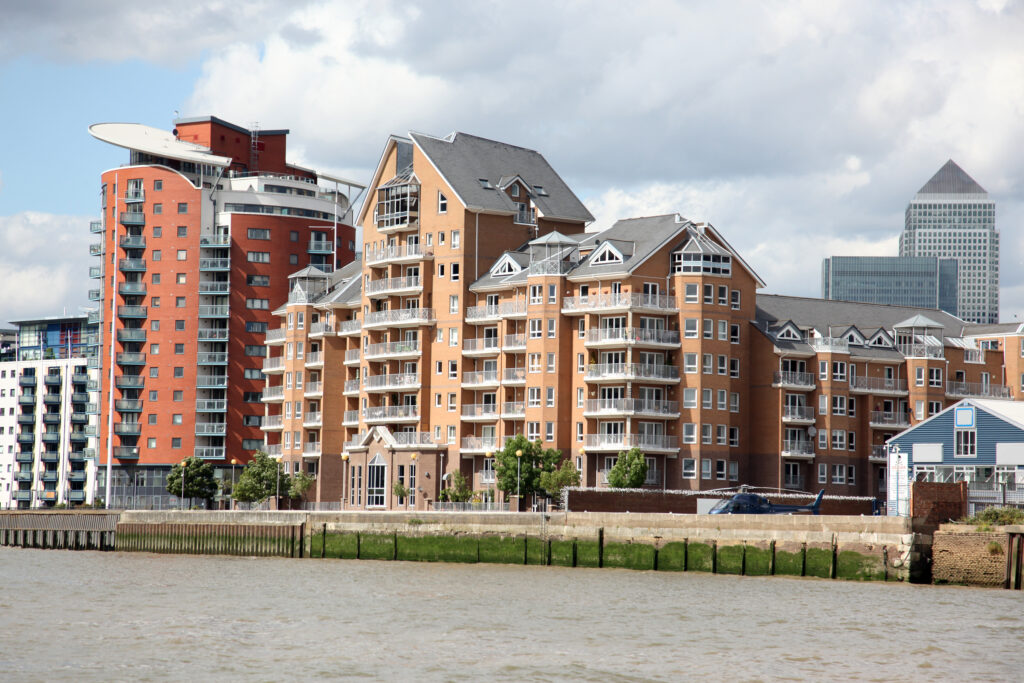Maybe we need to be considering residential conversions as investments

COVID has an undeniable huge impact on home working, which is now becoming more of a common way to work or run a business. In the world of residential conversions, such a retreat from office life is paving the way for more office-to-residential conversions.
Of course, many people have pointed out that we’re unlikely to see a dramatic shift in working culture – hybrid working is here to stay, offices are less likely to be a focal feature of professional life, and such buildings are therefore going to continue to be prime candidates for conversion.
Property investors are being urged to think not just in terms of remote work, but in terms of the environmental and social benefits of repurposing properties – benefits that will only be felt more keenly than ever over the coming months, years, and decades as we are being forced to improve our carbon foot prints and reduce our emissions as an individual and country.
A closer look at emissions
How many of you had some form of storm damage last month ? I know we did and at Belvoir dealt with so many storm damage maintenance issues. With insurance broker Aon reporting 2021 as the third-most costly year for weather disasters on record, environmental issues are becoming near-impossible to ignore – and, our responsibility to do something about these issues is an increasing priority.
For Investors and property developers, residential conversions represent one of the most meaningful ways to contribute towards this ongoing and long-term effort towards increased sustainability.
According to a 2020 report from Historic England, the government’s target of reaching carbon neutrality by 2050 can only be met if we commit to reusing, recycling, and responsibly adapting existing buildings – particularly when conversions include improvements to the building’s energy efficiency.
It’s easy to overlook some of the carbon-related advantages that come hand-in-hand with conversions, because of the carbon cost involved in demolishing and rebuilding a structure is hidden. It goes without saying that demolition and rebuilding will come with its fair share of emissions, but it’s the saving on emissions in the long term that counts.
For investors interested in residential conversions, this favourable view of reusing buildings will only increase as we continue to work towards net-zero goals in our future.








